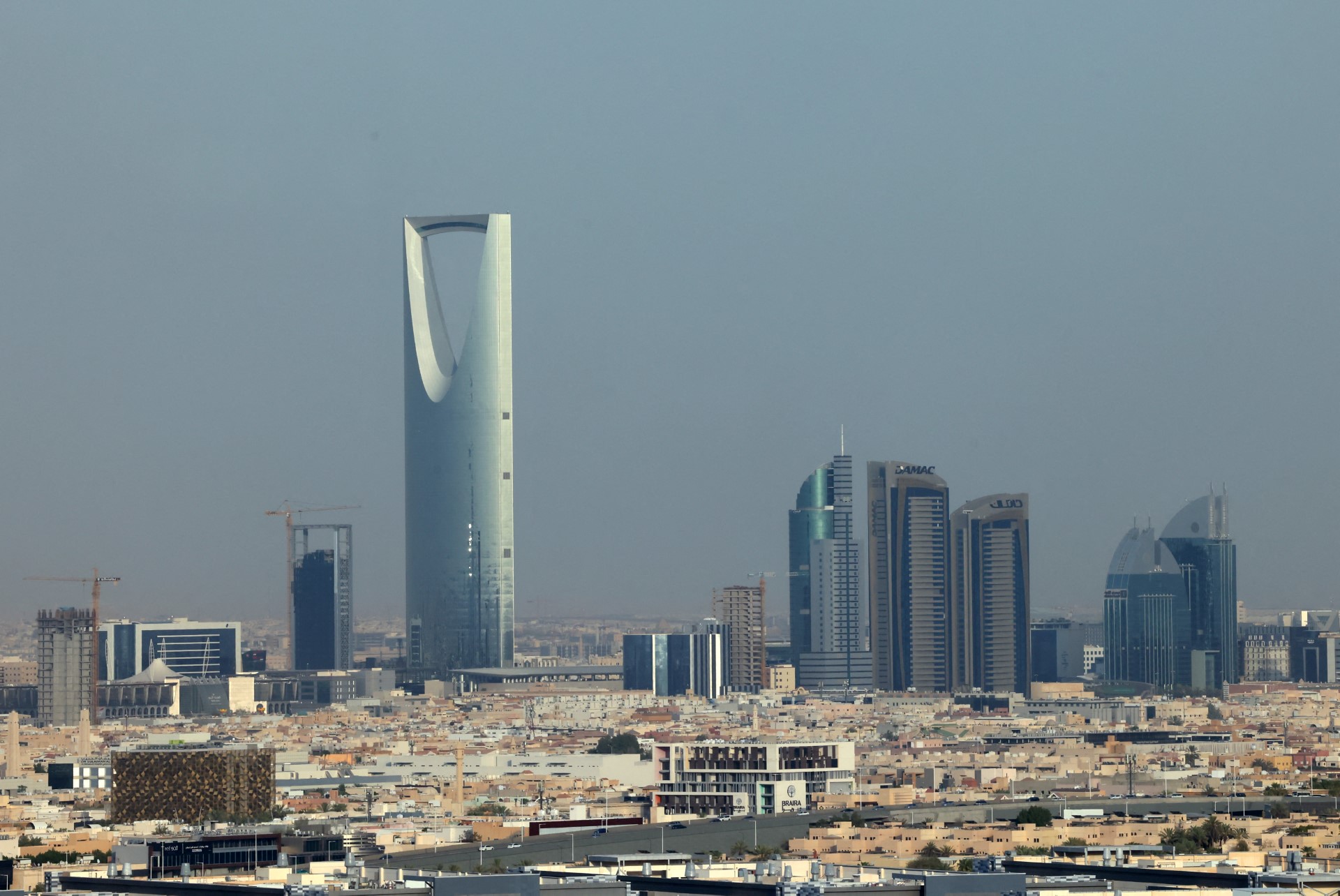Geneva, Switzerland – A recent report by the World Economic Forum (WEF) highlights the growing concern that unequal access to green financing and technologies could worsen existing economic inequalities. The report, Accelerating an Equitable Transition: A Data-Driven Approach, stresses the urgent need for an institutional response to ensure that the transition to a greener economy is fair and inclusive.
The WEF’s research reveals that disparities in access to green financing pose the greatest risk to economic equity across various sectors, including energy, infrastructure, transportation, agriculture, and heavy industry. Executives worldwide express concern that without proactive measures, the shift towards a carbon-neutral economy could exacerbate inequalities within and between countries.
Saadia Zahidi, Managing Director of the World Economic Forum, emphasized the importance of inclusivity in the green transition, stating, “Supporting the transition of workers and addressing gaps in financing and access to technology is crucial to meeting both environmental and socio-economic goals.”
The report, developed in collaboration with Boston Consulting Group, categorizes countries into six archetypes based on their exposure to equity risks and ability to transition to a greener economy. These range from “Inclusive Green Adopters,” such as France and the Netherlands, to “Frontier Economies,” including Nigeria and Bangladesh.
The findings underline the need for a fair distribution of the costs and benefits of climate action among workers, consumers, and businesses to build public support and achieve climate objectives. The report calls for increased transparency and data-driven approaches to ensure that the green transition addresses both climate change and economic inequality.
This report is part of the WEF’s Equitable Transition Initiative, which aims to guide global leaders in making the green transition equitable for all, balancing the urgent need for climate action with the imperative to reduce economic disparities.








